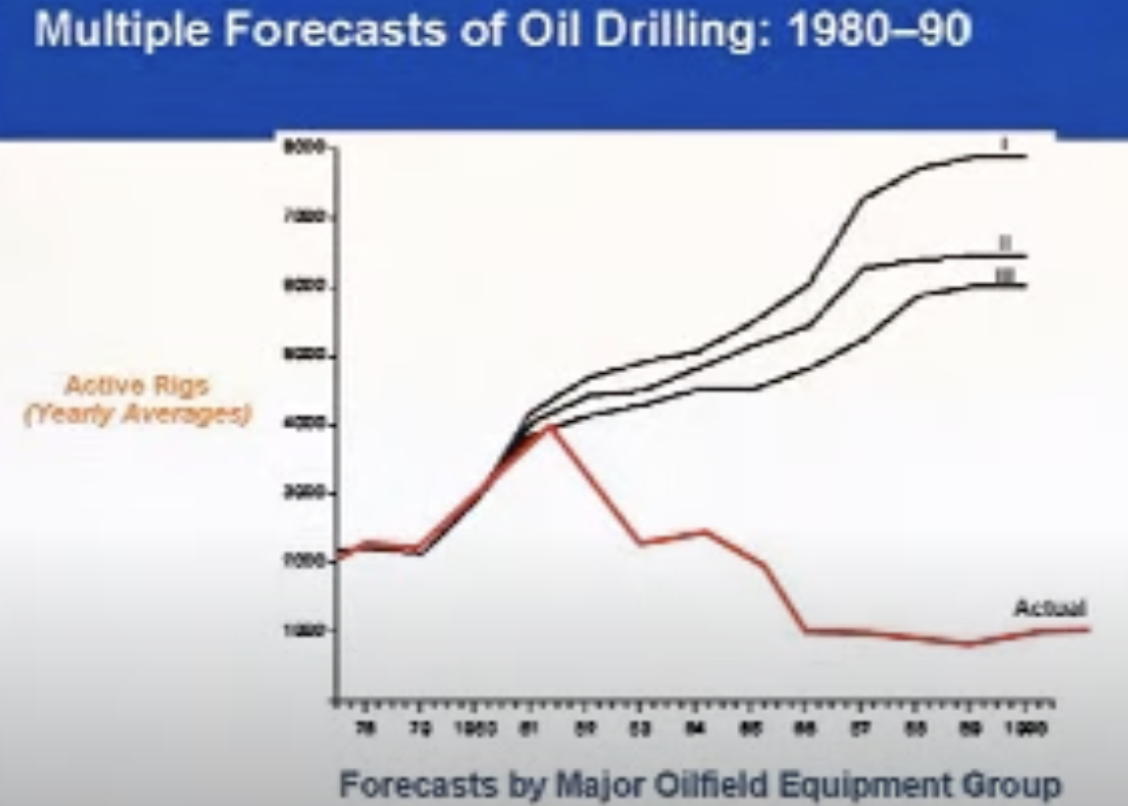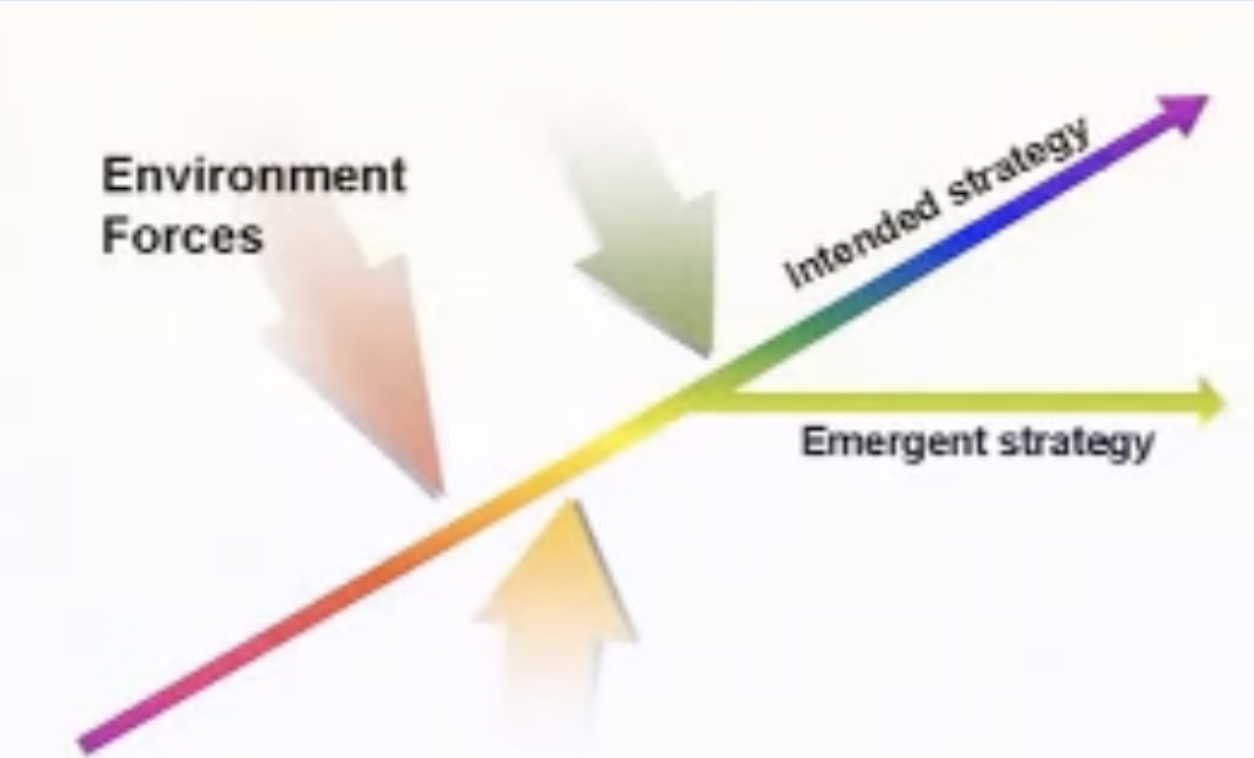Futurecasting, - or the art of envisioning the unforeseen, is a crucial skill in our dynamic world where the tide of events can shift unpredictably. Our perception plays a pivotal role in determining how we steer our ship into the future.
Mental Maps and Perceptions
As individuals, we need to acknowledge that our understanding of the future is inevitably tinted by personal perceptions and biases, not objective truths. Each person's mental map, the internal framework we use to navigate decisions, varies, and these maps significantly influence the decisions made regarding the future.
The Risk of Success
Ironically, success might be one of our biggest stumbling blocks. Past triumphs can make us overly reliant on the mental maps that brought us to our current position. A strategy that yielded success in the past isn’t guaranteed to work indefinitely, and overconfidence in these tried-and-tested mental maps might blind us to other possibilities and opportunities.
The Pitfall of Incorrect Maps
As the legend goes, the first set of Spanish voyagers actually thought that there was a water body connecting south-west and north-west coast of USA. And they made a wrong map, with full confidence, not knowing their mistake. Fun fact, until 16 years, voyagers used the wrong map and after multiple complaints, they were finally able to break the mental model of the government to actually update the map. And that process took 160 years total. The story of the erroneous map of the USA, used for 160 years due to stubborn belief in its accuracy, serves as a telling example. An incorrect understanding leads to misguided actions, and once a particular map (or belief) is accepted, altering it becomes a formidable challenge.
Asking Uncomfortable Questions
Futurecasting is not about comfort; it's about preparedness and openness to disquieting truths. It requires us to challenge our convictions and ask questions that make us squirm. This process involves thinking divergently about what lies ahead, questioning the mental maps we hold dear, and being willing to redraw them as needed.
Navigating with Awareness
Much like skilled sailors navigating the waters with an acute awareness of tides and winds, individuals and organizations need to craft strategies with a deep understanding of global currents and shifts. Where you eventually land is a result of both your goals and the global factors that either facilitate or hinder your journey.
Case in Point: The Oil Business

A look at the oil industry, where success is traditionally measured by rig count, reveals a critical mistake. Businesses often take one scenario, tweak it slightly, and convince themselves that they are working with different models. However, slight variations of a single view do not capture the diversity and unpredictability of the real world.
Learning from IBM

IBM’s monumental miscalculation of the PC market potential—estimated at a few hundred thousand dollars, while the real value was a staggering $30 million—cost them dearly. The mental maps of their strategists, albeit successful in the past, failed to envision a scenario where PCs would be ubiquitous, missing out on a colossal opportunity and leaving an estimated $200 billion on the table - $100 billion for the software OS (Windows, then called MS-DOS) and $100 billion for the chip making market (that Intel captured)
Scenario Thinking: An Essential Tool
To prevent these decision traps, scenario thinking is invaluable. It helps to mitigate overconfidence, encourages outside-in thinking, enables seeing the full picture, corrects problem framing, and promotes asking the right questions. The goal is not to predict the future accurately but to ask better, more insightful questions, to prepare for a variety of possible futures.

Conclusion
Futurecasting, therefore, is a dance between confidence and humility, knowledge and curiosity, planning and flexibility. It's about continually asking "what if" and being prepared to redraw your mental maps to navigate the thrilling, unpredictable, and often unthinkable tides of the future. Let's escape the confines of our minds and be open to the vast, exciting possibilities the future holds.


